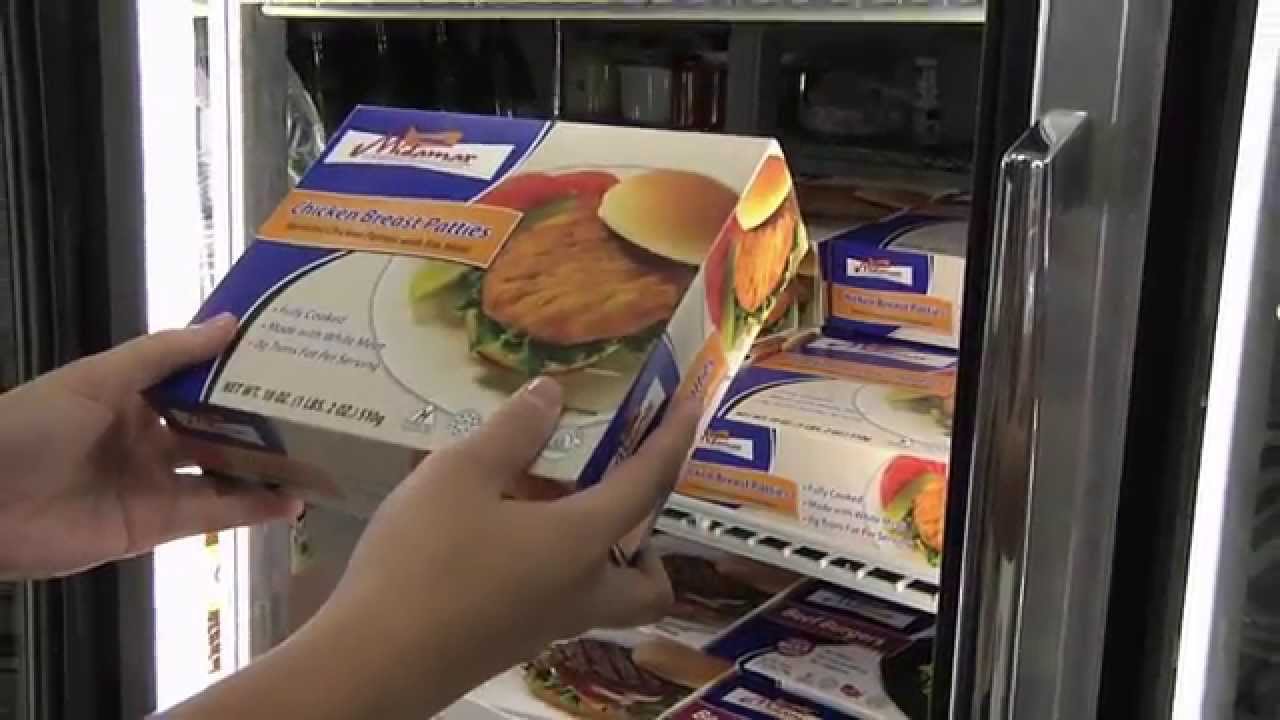
Halal mislabeling: Three-year probation for Midamar exec ‘not enough’ - experts
The first sentence handed down in a halal mislabeling conspiracy case is not sitting well with halal industry experts, who are calling the penalty too lenient.
Philip G. Payne, the former operations manager at Iowa-based food producer Midamar Corp., pleaded guilty in January to one count of conspiracy in a scheme to falsely label beef shipped to Indonesia and Malaysia as halal. On Oct 2, he was sentenced to a three-year term of probation and fined $20,000.
“It is not enough,” says food-regulation expert Hassan Bayrakdar, managing director of the Dubai-based Raqam Consultancy. “It should be a more severe reaction, for example, to shut down the company for [a] time. As a Muslim I don’t want other companies to follow this and profit millions and after that pay peanuts. To be [given] a probation period is not enough.”
Company founder, William Aossey, was convicted in July for his role in directing the mislabeling fraud and is now in federal custody awaiting sentencing. But his sons, Jalel and Yahya, corporate officers in the company, have, like Payne, made a deal with prosecutors to plead guilty to one count of conspiracy each–but it remains to be seen whether the two will serve prison time.
Midamar, which on its website still claims to be “the leader in all things halal,” admitted to conspiring to export mislabeled products as halal.
Employees at the company, which was established in 1974, removed labels from the USDA and replaced them with ones from another facility to hide the fact the meat was produced from animals which were not slaughtered in accordance with Islamic principles. Midamar’s owners and managers were not only aware of the fraud, they directed it, prosecutors said.
In a letter to customers posted on its website in September, the firm acknowledged “wrongful conduct” and said “we would like to apologize to you our customers for the errors in judgment that led to these.” As part of its settlement, Midamar agreed to pay a fine of $600,000 to the U.S. government.
HARD TASK OF HALAL OVERSIGHT
Worth more than $1 trillion a year, the global halal food industry is enormous, and therefore, at risk of fraud, experts say. They also say governments have a hard task overseeing factories which produce halal.
Although many agree that a probationary sentence is lenient, they say the focus must be on the future.
“This is the punishment for something you have done, so this is the past,” says Mohammed Hajjar, regional director for the Middle East and North Africa for Dublin-based Farrelly & Mitchell Business Consultants. “But what are we doing for the future? We need proper controls, and we need to have regular visits to make sure the process is being done correctly.”
Part of the problem, say experts, is the lack of an international unifying standard for halal. If there is no one definition, and regulations are absent or not strict enough, producers may have more room to cut corners.
But experts in the industry say halal is governed by higher principles than governmental regulation.
“You are not watching the regulator, you are not watching the government who could catch you or the consumer who will catch you. It is Allah who is watching you,” says Saleh Abdullah Lootah, managing director of Al Islami Foods in Dubai.
“We are doing it to feed Muslims halal food, so this is the last thing we should do–look for a shortcut, a quick win, or don’t show consumers the real activity. If we are not caught in this life, we will be caught the day after. [The producer] should have these values in his mind. It is much bigger than a regulator.”
© Copyright SalaamGateway.com 2015
